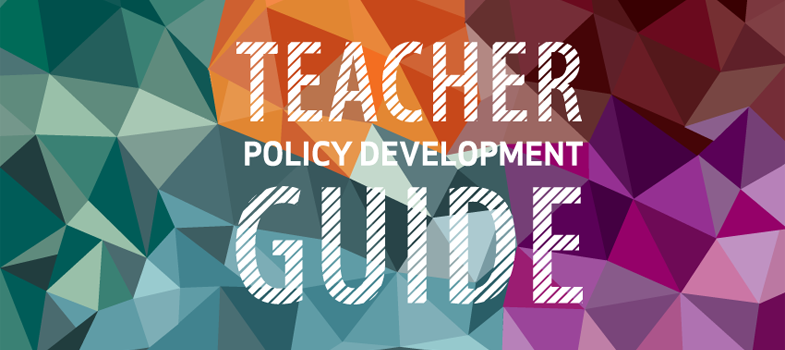3.2.9 Training teachers in Education for Sustainable Development (ESD)
Awareness of the unsustainable nature of many aspects of modern lifestyles and practices has prompted ESD, an approach to education based on the principle that education is key to promoting the values, behaviour and lifestyles necessary for a sustainable future. The UNESCO programme on Educating for a Sustainable Future has produced a teacher education programme, ‘Teaching and learning for a sustainable future,’ which aims to place environmental and sustainability issues at the heart of the teaching and learning process and to help learners ‘better understand the world in which they live, addressing the complexity and interconnectedness of problems such as poverty, wasteful consumption, environmental degradation, population, health, conflict and human rights that threaten our future’ (UNESCO, 2010b: www.unesco.org/ education/ tlsf/ mods/ theme_gs/ mod0a.html [Tip: hold Ctrl and click a link to open it in a new tab. (Hide tip)] ). A teacher policy should include the principles of ESD in teacher training and ensure that other aspects of the policy, such as school governance, are coherent with principles of sustainable development (UNESCO, 2010b).
BOX 3.7: UNESCO’S GREEN SCHOOLS ACTION PILOT IN BANJARMASIN, INDONESIA
UNESCO Green schools Asia promotes education as a tool to give educators and students a sense of empowerment is facing environmental challenges, so as to foster engagement with environmental issues in their communities and globally.
In 2012, science teachers from target schools in Banjarmasin were trained to implement ‘action projects’ with their pupils. Their training included environmental issues at local, national and global levels, pedagogical approaches to climate change education, project planning, budgeting, implementation, monitoring and evaluation. The teachers and their pupils then began to implement their projects in one of five areas: waste, water, forest, energy and biodiversity. The projects included environmental clean-up activities, reforestation, pond cleaning, school recycling and energy saving contests.
3.2.8 Teacher education and Information and Communication Technologies (ICTs)
